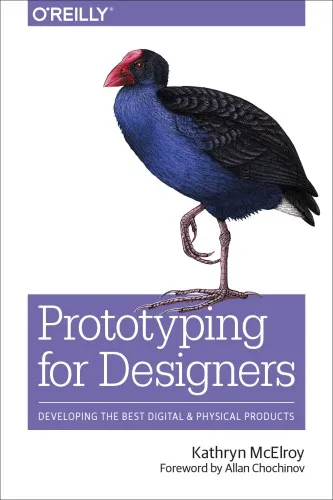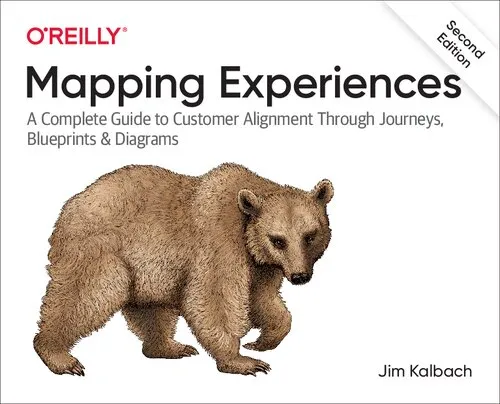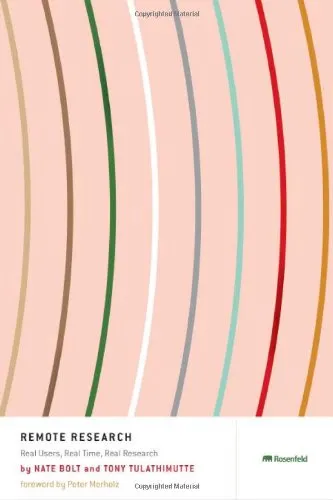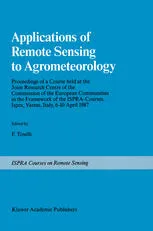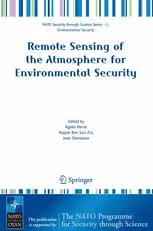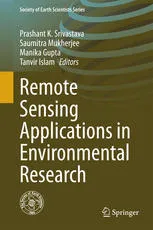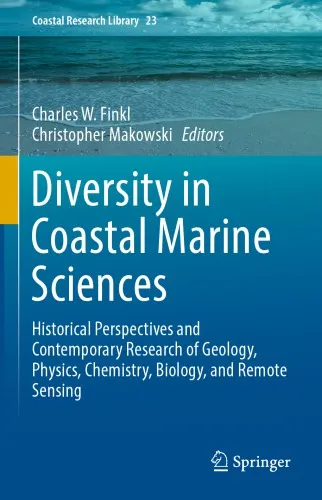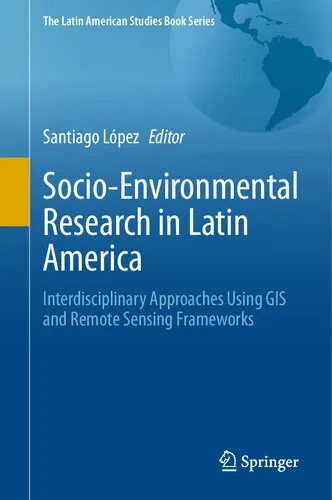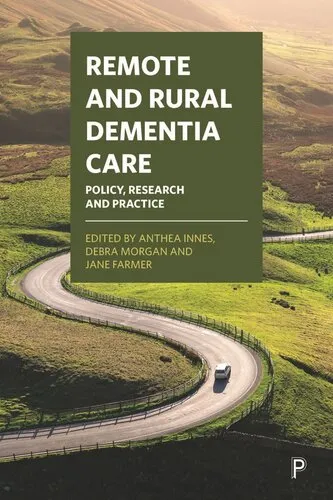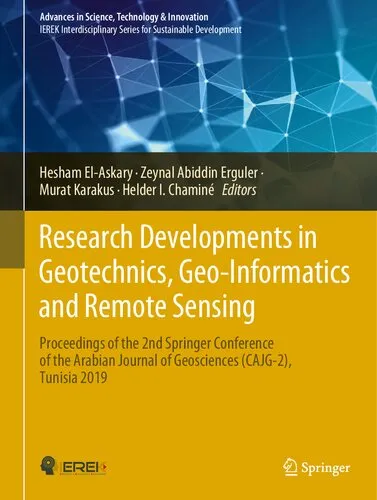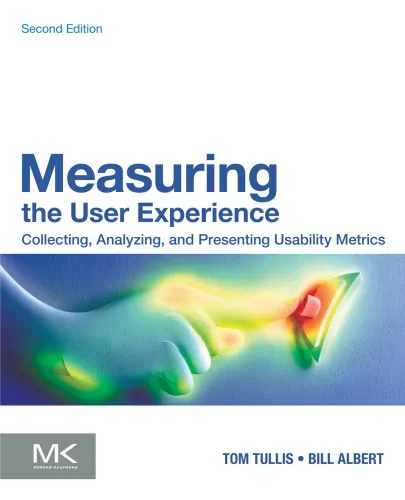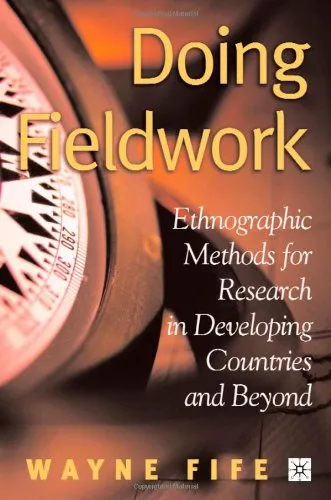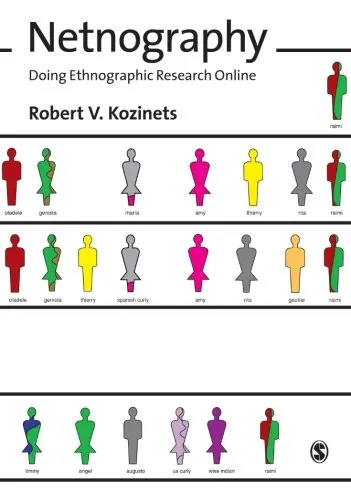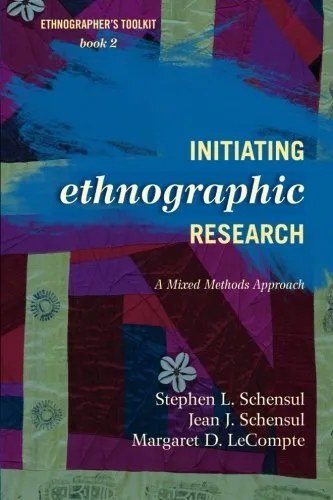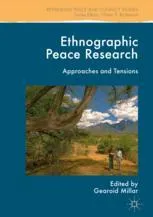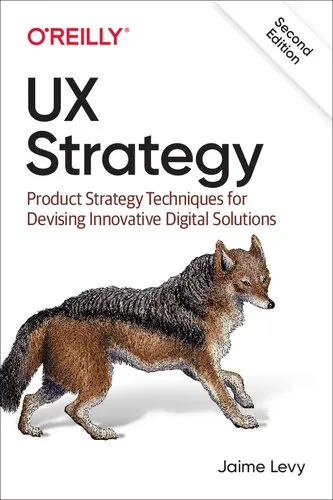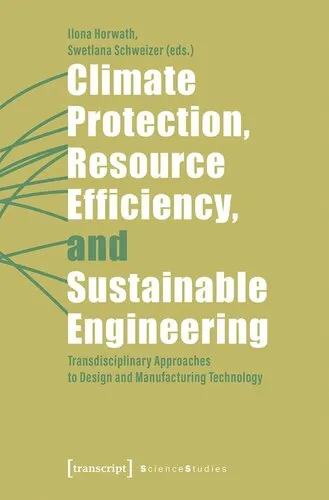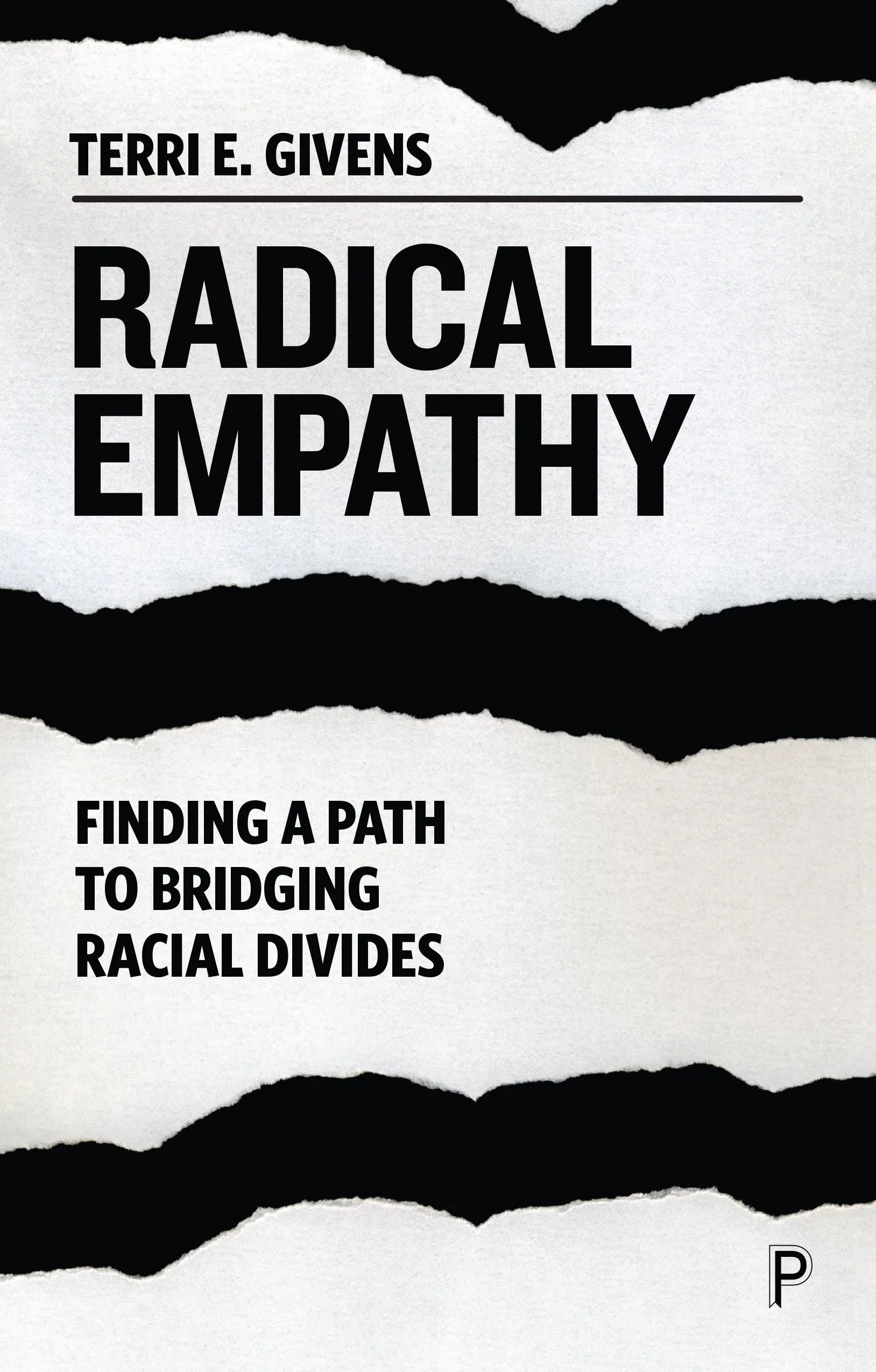Research Methods in Remote Sensing
4.8
Reviews from our users

You Can Ask your questions from this book's AI after Login
Each download or ask from book AI costs 2 points. To earn more free points, please visit the Points Guide Page and complete some valuable actions.Related Refrences:
Introduction
Welcome to 'Research Methods in Remote Sensing', a comprehensive guide meticulously crafted to serve as an essential resource for students, academics, and professionals in the realm of remote sensing. This book is designed to navigate the reader through the complex world of remote sensing research, providing a structured approach to understanding theoretical frameworks, methodologies, and applications relevant to the field.
Detailed Summary of the Book
Remote sensing is an intricate science intertwined with technology, geography, and environmental studies, demanding a robust methodological foundation for effective research. This book embarks on an extensive exploration of the principles and methodologies essential in the field. Readers are introduced to the fundamental concepts of remote sensing, paving the path for more advanced discussions on sensor technology, data acquisition, and image processing techniques.
The text seamlessly integrates a variety of case studies and real-world examples, demonstrating the application of these methods across different scenarios and environments. The book emphasizes the critical role of data analysis in remote sensing and provides detailed guidance on statistical techniques and software tools that are indispensable for interpreting imagery effectively.
Moreover, this work delves into the ethical implications and challenges faced by researchers in remote sensing, ensuring that practitioners are not only technically proficient but also ethically informed. By threading theoretical knowledge with practical insights, this book equips readers with the skills to undertake rigorous research in remote sensing.
Key Takeaways
- Comprehensive understanding of remote sensing principles and methodologies
- Insights into the latest sensor technologies and data processing techniques
- Application-based learning through detailed case studies
- Guidance on the ethical considerations in remote sensing research
- Advanced statistical tools and software applications for data analysis
Famous Quotes from the Book
“Remote sensing is not just about capturing the surface of the Earth; it is about revealing the unseen patterns and processes that shape our environment.”
“The real power of remote sensing lies in its ability to integrate multiple perspectives and datasets, offering a holistic view of the world.”
Why This Book Matters
In a rapidly changing world where environmental concerns are paramount, remote sensing emerges as a powerful tool for understanding and addressing global challenges. This book stands at the intersection of technology and environmental science, equipping stakeholders with the knowledge to make informed decisions based on accurate data. Whether you are a seasoned researcher or a newcomer to the field, 'Research Methods in Remote Sensing' serves as a critical resource in developing a nuanced understanding of remote sensing techniques and their applications.
Given the increasing reliance on remote sensing for environmental monitoring, urban planning, and resource management, a thorough understanding of research methods in this field becomes indispensable. This book ensures that readers are not only adept at handling the technical aspects but are also prepared to tackle the ethical and practical challenges that inevitably arise in the course of research.
Free Direct Download
You Can Download this book after Login
Accessing books through legal platforms and public libraries not only supports the rights of authors and publishers but also contributes to the sustainability of reading culture. Before downloading, please take a moment to consider these options.
Find this book on other platforms:
WorldCat helps you find books in libraries worldwide.
See ratings, reviews, and discussions on Goodreads.
Find and buy rare or used books on AbeBooks.
1409
بازدید4.8
امتیاز0
نظر98%
رضایتReviews:
4.8
Based on 0 users review
Questions & Answers
Ask questions about this book or help others by answering
No questions yet. Be the first to ask!
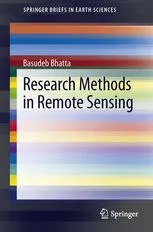
![Unleashing the Power of UX Analytics: Proven techniques and strategies for uncovering user insights [Team-IRA] [True PDF]](https://s3.refhub.ir/images/thumb/Unleashing_the_Power_of_UX_Analytics__Proven__9372.webp)
